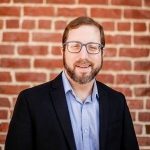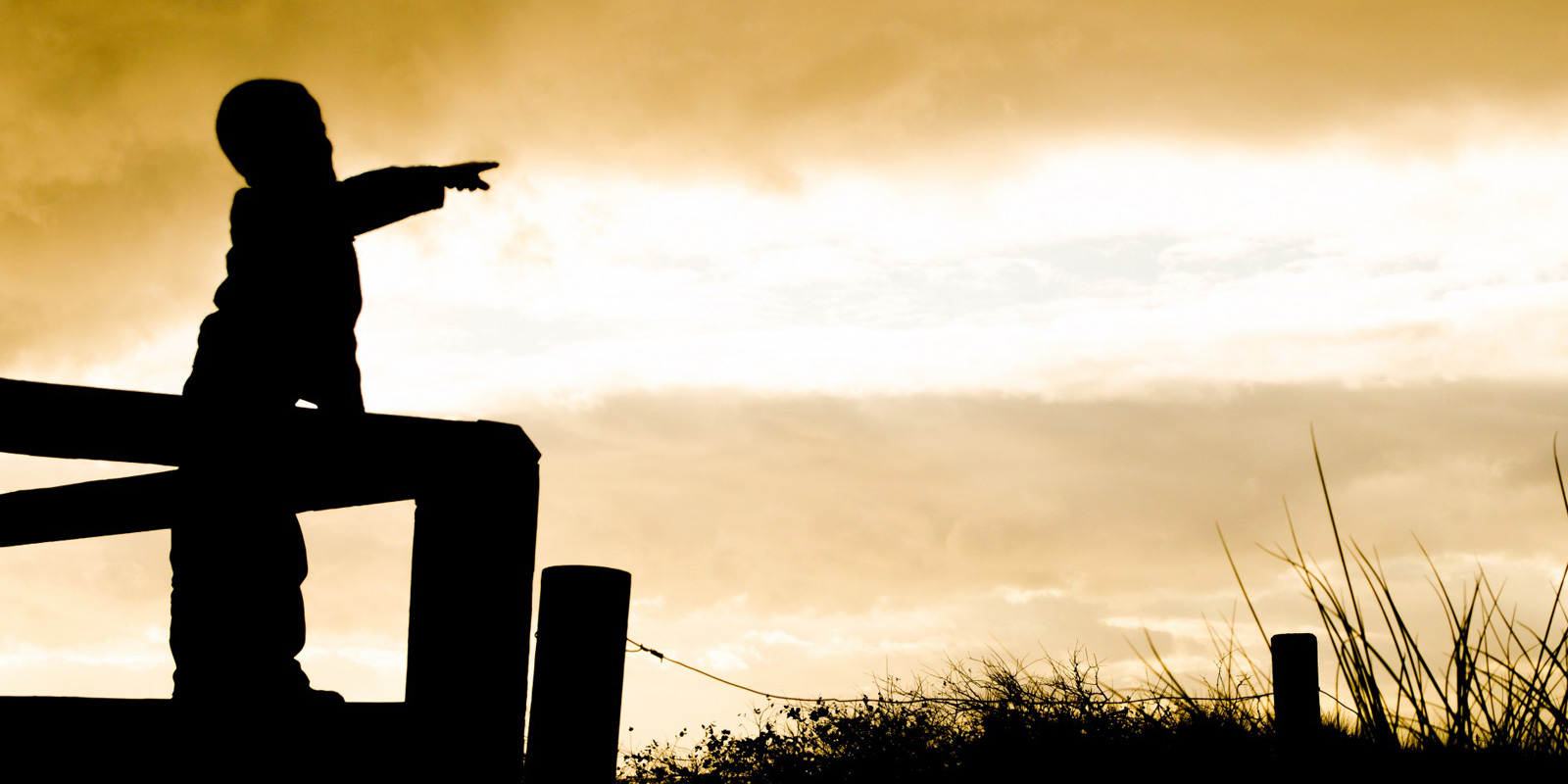Author’s Note: This moment, when the world has stopped spinning on its axis, presents an important opportunity to re-examine our society’s early childhood axioms. In this essay series I will examine four key early learning topics and the extent to which our current policies do or do not line up with the research base.
Over the past 120 years, early learning has arguably undergone three great “turnings,” or era-defining transformations.
- The first was the dawning understanding that children were not in fact tiny adults nor blank slates, but instead led vibrant, unique mental and emotional lives that required special cultivation; early pioneers like Maria Montessori helped lead this revolution.
- The second transformation was grasping that child development was inherently and inextricably connected to relationships with their caregivers; here, we can thank researchers like Harry Harlow, Jean Piaget, Peter Bowlby and Mary Ainsworth.
- The third paradigm shift was connecting the dots between child development, brain science and future life outcomes; still-active names like Jack Shonkoff, James Heckman and Patricia Kuhl are among the many deserving of accolades here.
Now, in 2020, in the midst of a global pandemic, we face a fourth turning: an opportunity to center early learning as the core of a family support agenda that ensures all children, regardless of zip code or anything else, have an opportunity to thrive.
There are some serious crossroads facing the field right now:
- Will we continue marching the K-12 system backward—universal pre-K for toddlers?—or flip and go with a birth-to-five developmental approach?
- What do efforts like Power To the Profession mean for the next generation of would-be early childhood educators?
- How does an early learning sector that has studiously avoided partisan politics advance an agenda in a hyper-partisan world?
The way to answer all of these questions is by starting with a set of transcendent principles. As I detailed in Part I of this series, we have in some ways lost the forest for the trees: we have forgotten that child development is a constant interplay, almost a dance, between child and environmental stimulus. The realities of brain development demand that the family, not the child (though certainly inclusive of the child!), be the core of early childhood policymaking. Shonkoff himself nodded in this direction recently when asked on a podcast about what lessons we should take away from the current crisis:
…Fast forward, at some point we’ll go back, and we will know that everybody with young kids is doing the best they can to raise healthy kids, and we all depend on that as a society. And some people are struggling more because they have less money, they have less education, they have less economic opportunity. We all benefit if we all take care of each other and do our job, and we all suffer, and we all pay a price if we don’t take care of each other and share the responsibility. I’d love that lesson to come out of this pandemic.”
What might a new north star for early childhood look like? Well, what if we substituted the old goal from the National Education Goals Panel — “All children in America will start school ready to learn” — with a very different goal that better reaches, and indeed surpasses, the same destination? Grover “Russ” Whitehurst, former Director of the Institute of Education Sciences, has written about how our Northern European peers instead focus on family support:
“Consider, in contrast, the mission of the Danish childcare system, which is similar to most of the state systems in Northern Europe:
‘Danish child and family policy is based on the overall principle that the family is the foundation of a child’s upbringing and that the living conditions of children are mainly the responsibility of their parents. Public authorities have an overall responsibility for providing a good social framework and for providing the best possible conditions for families with children. In addition, public authorities must protect children and young people against abuse and neglect, and they must offer advice and guidance to parents so that the parents will be able to meet their parental obligations and responsibilities.’”
Providing the best possible conditions for families with children — that’s the fourth turning, the new era ahead. It’s a mission statement that synthesizes everything we know about child development, as well as providing a ‘third way’ that confounds old binary ways of thinking.
Take the question of whether it’s better to have formal or informal child care, as I covered in Part III. If you want to provide the best possible conditions for families with children, the policy response is to ensure all settings are high-quality and give parents the means to choose what works best for their needs and preferences. Passing critical questions through this new prism has real implications. For instance, overly focusing on 4-year-olds to the detriment of infants and toddlers fails the family support test, as does continuing to have a fragile child care system with horrifyingly underpaid educators, and a lack of direct income supports for families with children.
Establishing the best possible conditions also demands that early learning stakeholders engage in coalitional work with groups they have historically not been aligned with. Take housing, for instance. Unstable and substandard housing are tremendous sources of family stress, to say nothing of environmental toxins. Getting all low-income children into adequate, stable housing could arguably have more of an impact on school readiness than advancing all child care programs up a star-rating level (although these are not, nor should they be seen as, mutually exclusive!). A similar case can be made around fighting climate change. And these other sectors could certainly use the infusion of passion and talent and moral valence that comes along with young children and families.
The future of early learning will be written in the future of families. That future, at the moment, is unfortunately one filled with stress, precariousness, and ultimately fewer families with children at all. If the early learning field can step back and position itself as the essential partner for families, the horizon brightens considerably. We have the science. We have the moral high ground. We have a moment right now when gratitude for caregivers is perhaps higher than it has ever been. Now is the time to pivot away from parochial concerns and incrementalism. The field needs to coalesce around a bold, comprehension, long-run vision — one that is truly universal in nature.
Political scientist John Kingdon coined his “windows and streams” theory of change back in 1984, and it still rings true today. Kingdon posited that a window of opportunity opens when three “streams” align: a broadly agreed-upon problem; a political context in which leaders feel comfortable acting; and effective policy alternatives to the status quo.
Well, our window is open, and our previous policies lay shattered like glass beneath it: the question remains what policies we will advance, and what future we find on the other side. If we center on families, that future is limitless.




